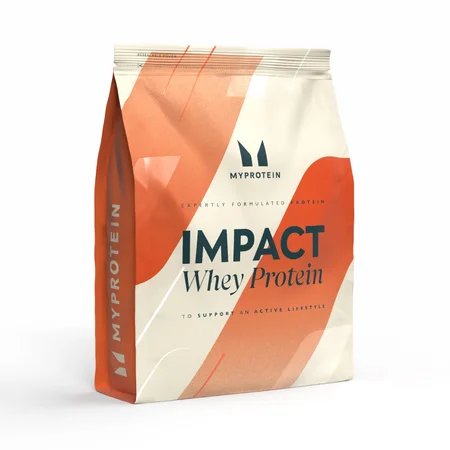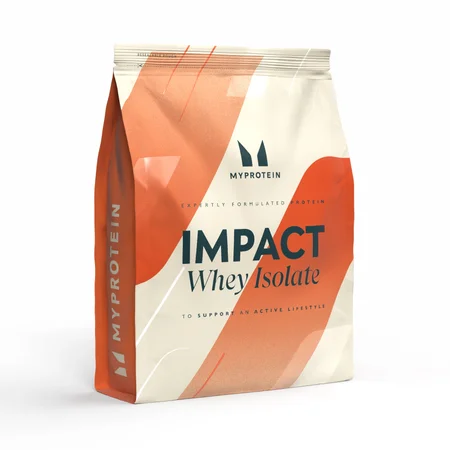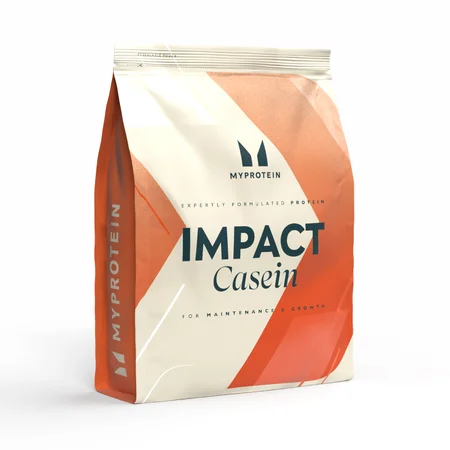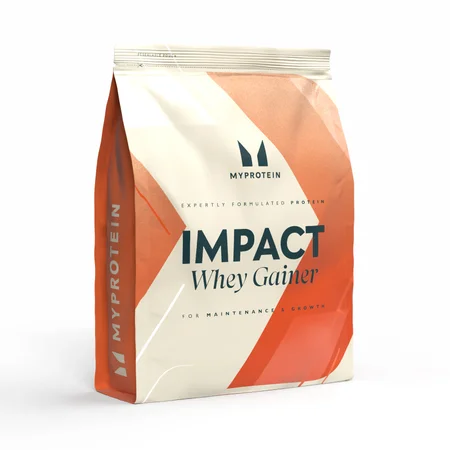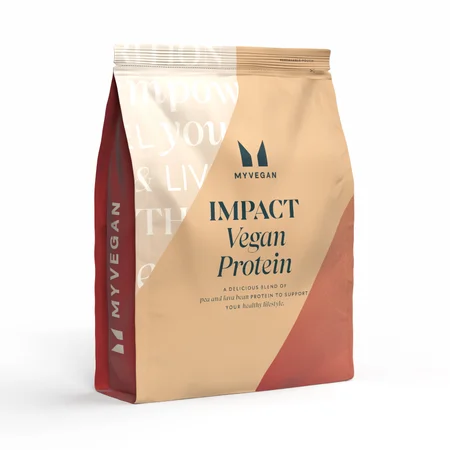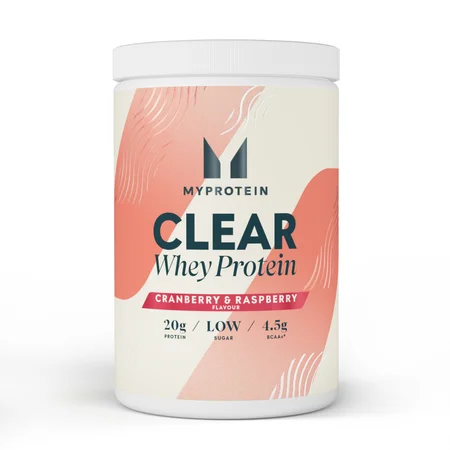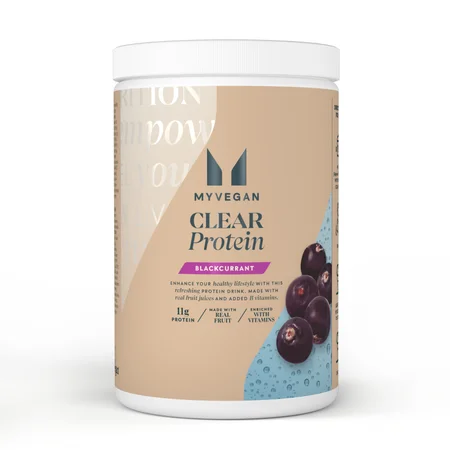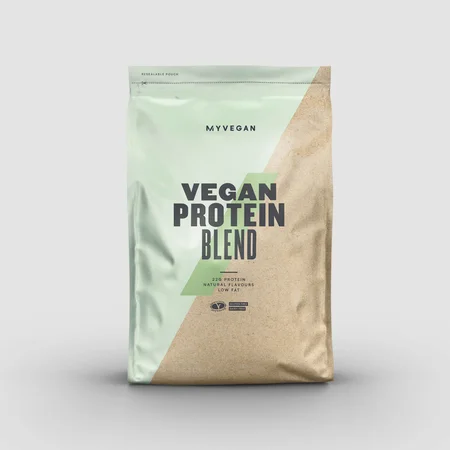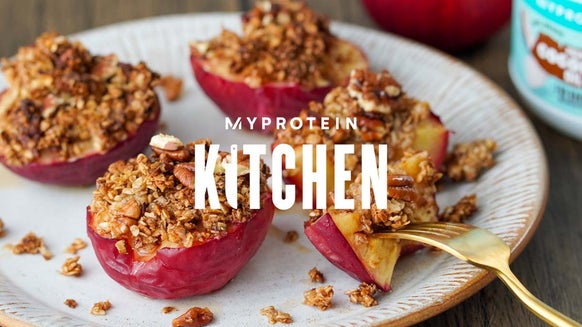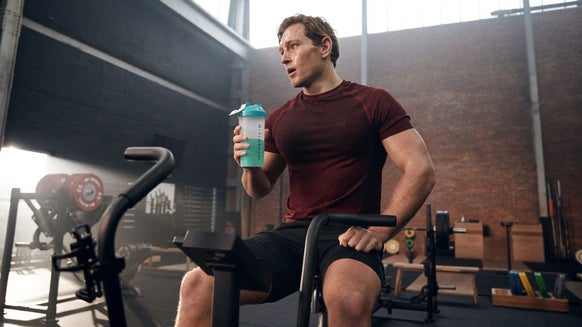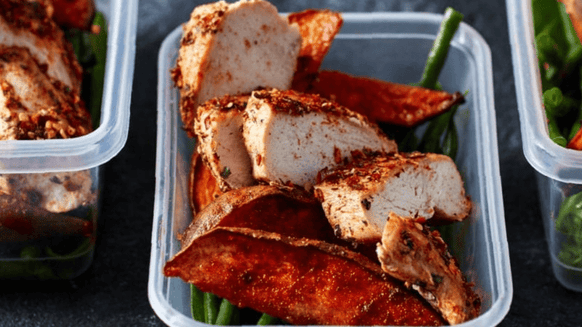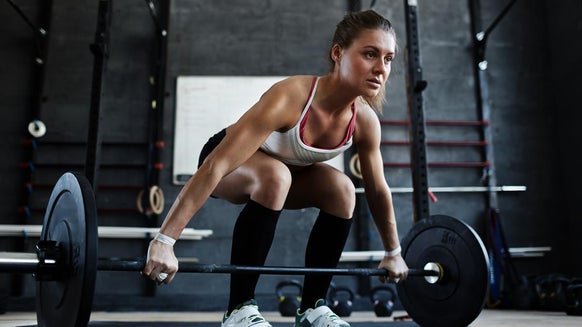How To Choose A Protein Powder
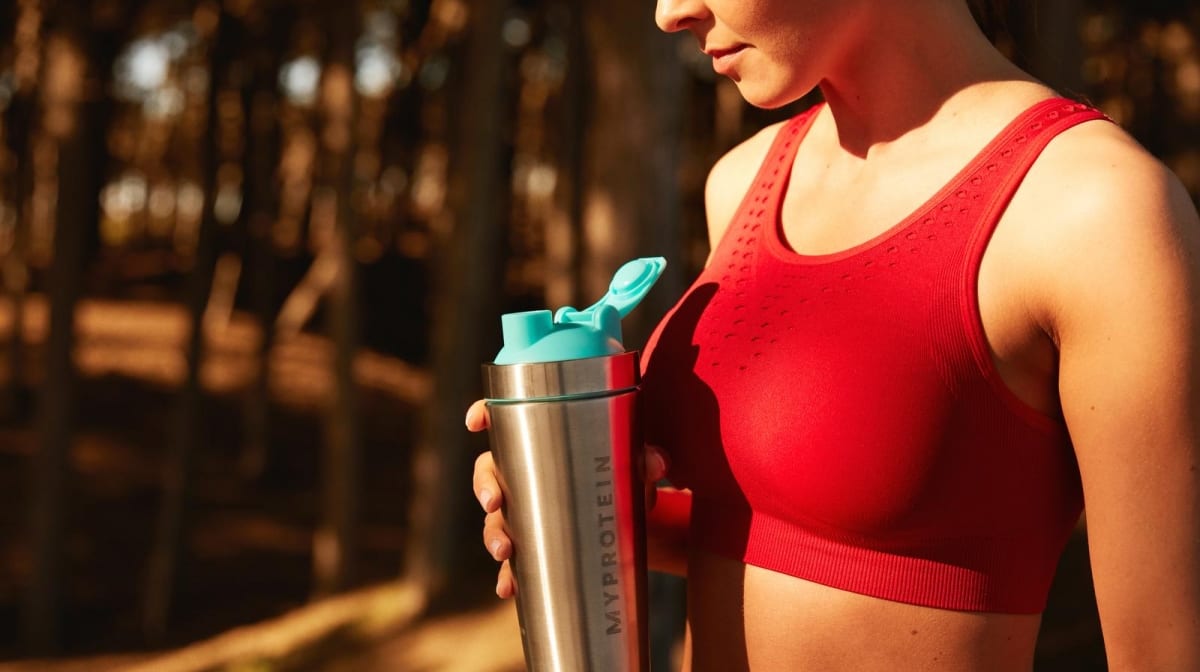
Protein powders are probably the first thing that spring to mind when you think of sports nutrition supplements. They’re no longer considered to be exclusively for bodybuilders and elite athletes — in fact, protein blends are quickly becoming a cupboard essential for all kinds of lifestyles and body goals.
So, what’s the deal? Why are so many people taking protein? And how do you even know where to start with all different types available out there? Read on to have all your protein questions answered.
In this article, you'll find:
What is protein?
Benefits of protein
How much protein do I need?
How to choose a protein powder?
Which protein?
When to take protein?
What is protein?
Proteins are molecules made up of amino acids, which are the body’s bricks and mortar for rebuilding muscle, replicating DNA, and catalysing metabolic reactions. The human body can biosynthesise some amino acids, but not all of them, so you need protein in your diet to get the rest.
Like carbohydrates and fat, protein is classed as a macronutrient, which means it’s required in large amounts in your diet for your body to be able to function properly.
What are the benefits of protein?
Protein is involved in many vital processes within the body as well as being a valuable support to your fitness goals. It’s used to make enzymes and hormones, is an important component of every cell in the body, plus it’s a building block of muscle, cartilage, skin, hair and nails.
In regards to general wellbeing and fitness, here are some of the ways in which this powerful nutrient can help you out:
Using data from 49 studies spanning over the last 23 years, a recent review in the British Journal of Sports Medicine concluded that dietary protein supplementation optimises both muscle mass and strength during resistance training.
Here’s how it works:
Resistance training stimulates two actions in the muscles simultaneously — catabolism (tissue breakdown) and anabolism (tissue growth). The factor that affects which one is favoured in the body the most is called ‘net protein balance’. A positive net protein balance favours anabolism, and a negative one favours catabolism. Consumption of adequate dietary protein puts the body into positive net protein balance, and so enhances muscle growth while resistance training

It’s not just muscle mass and strength that protein consumption improves, either. A study in the Journal of the International Society of Sports Nutrition found that protein supplementation reduces muscle fatigue, too —meaning you could blast through a week of intense training if you stay topped up throughout the day.
Increasing your muscle mass and strength isn’t just great for gym selfies and looking good by the pool though — it’s key for good health as you grow older. ‘Sarcopenia’ is the degenerative loss of muscle mass in aging individuals, causing frailty and loss of muscle function. It’s incredibly common, but entirely preventable with proper nutrition and adequate resistance exercise.
Weight management
Higher protein diets have also demonstrated the ability to help with weight management. Of course, a healthy, balanced diet is the key to keeping the extra pounds at bay, but something about this mighty macronutrient seems to be helping people to lose weight, and keep it off. Here’s how:
Thermogenesis
Thermogenesis is the natural increase in the energy your body uses after eating. Protein causes a higher rate of dietary thermogenesis than other nutrients — research in the Nutrition & Metabolism journal explains that eating protein can actually allow the body to blast through up to 20-30% more calories than carbohydrates or fat.
Satiety
Simply put, protein helps you stay fuller for longer — reducing the chances of you ‘accidentally’ grazing your way through a whole packet of biscuits and share bag of Doritos in between your meals. Based on a visual analogue scale, which measures perceived appetite, people have been found to be fuller after a 60% vs. a 19% protein meal.
Metabolism
Muscles are metabolically active, which means that they require energy to simply exist. So, the more muscle tissue you have, the more calories your body will burn every day.
It is worth highlighting though, that if you’re looking to go down a belt notch or two, eating a higher protein diet doesn’t mean simply eating all the protein you can manage without any consequences. You do still have to be mindful of the energy you’re consuming vs. the energy you expend.
Preserving Muscle
If you’re trying to lose weight through dieting and are restricting your energy intake, it’s still really important that you maintain an adequate intake of protein — otherwise your body will be burning muscle mass for energy, as well as fat. Which is less than ideal for that sculpted physique you had in mind…

How Much Protein Do I Need?
The government recommends that the baseline requirements for adults is 0.75g of dietary protein per kilogram of bodyweight per day. That’s around 55g per day for the average sedentary man and 45g per day for the average sedentary woman (equivalent to a sirloin steak). Have a look at our Protein Powder For Men and Protein Shakes For Women.
However, for anyone looking to muscle-up, sculpt their bodies and improve athletic performance —this amount increases.
To maximise muscle growth, research from the Journal of Sports Sciences recommends consumption of between:
1.3-1.8g per kilogram of bodyweight per day (the amount between these two points depends on training status) and; Up to 1.8-2g per kilogram of bodyweight per day during periods of energy restriction to prevent muscle loss – more than double the government recommendations.
You might be thinking: can’t I just get all my protein from food? And the answer is yes, you can.
Protein supplements aren’t intended as a substitute for your everyday meals, they’re there to work alongside a healthy, balanced diet as a convenient way to up your protein intake, at a much lower cost.
For instance, your average supermarket chicken breast will set you back £1.25 and contains 24g of protein per 100g, while the average scoop of Impact Whey Protein costs around 28p and scores a hefty 82g of protein per 100g.
When you see the figures, it’s really a no-brainer for individuals looking to boost their diet and achieve their fitness goals. Plus, it takes out the time and effort of meal prep and cooking!
How to choose a protein powder
After laying out all those benefits on the table, you’re probably keen to get your hands on some of this must-have supplement yourself — but where to begin?
Which protein should I use?
There are so many protein powders out there — you should pick one that’s best suited to your personal goals. Whether you’re looking to bulk-up, build muscle, lose weight, or just get yourself into a healthier shape, there’s a blend that’ll be just right for you.
Here’s a rundown of the most commonly used protein powders available:
Impact Whey Protein
Whey is an all-natural by-product of milk, and whey proteins are isolated from this during filtration. Whey protein is the most commonly used protein supplement due to its excellent digestibility, amino acid profile, and absorption rate.
Impact Whey Protein is made from whey protein concentrate and contains 82g of protein per 100g. It’s our most popular and affordable blend, making it a cost-effective way of getting that all important macronutrient into your diet.
Impact Whey Isolate
Whey protein isolate comes from exactly the same source, only it’s been expertly filtered to remove most of the fat and carbohydrates that are naturally present in whey concentrates — making this ideal if you’re watching your calorie intake.
It’s got a massive 90g of protein per 100g, and each serving comes in at under 100 calories.
THE Whey
This is our ultra-premium whey blend, perfect for those looking for an extra edge to their performance. Crafted using an expert filtration system and the finest ingredients, it's an optimal blend of isolate, concentrate and hydrolysed proteins — to deliver 25g of protein per serving.
It also contains 3g of leucine, 5g of naturally occuring glutamine, and MyZyme™, which is a specially developed enzyme blend designed just for this product.
Slow-Release Casein
Slow-Release Casein is derived from milk and it has a much slower absorption rate than whey protein. This means that it takes longer to be completely digested and used by the body, making it good for providing your muscles with a sustained supply of protein between meals or even while you sleep.
Our Slow-Release Casein blend has a complete amino acid profile and 76g of protein per 100g.
Weight Gainer Blend
Weight gainer blends are perfect for individuals trying to increase size and mass. Your body can only do this if it’s in calorie surplus, which is when you’re consuming more calories than you burn, and this can be difficult and expensive through food alone.
Our Weight Gainer Blend contains over 30g of protein per serving, alongside 50g of carbohydrates from oat flour and maltodextrin — giving your body a helpful boost of calories as well as a protein hit.
Vegan Blend
The demand for plant-based protein powders has increased dramatically with the ever-increasing population of vegans. Supplementation is perhaps even more important in their case too, as they aren’t getting any protein from meat or animal products.
Our Vegan Blend is a powerful combination of pea protein, brown rice protein, and hemp protein — providing 73g of protein per 100g, with a range of amino acids to support muscle growth and maintenance.
Clear Whey Isolate
The winner of "The Best Sports Nutrition Product" in the European Specialist Sports Nutrition Awards (2019), this innovative new shake will is changing the whole protein game. This light and refreshing shake is made from high-quality hydrolysed whey protein isolate and is like sipping on a juicy drink, rather than a creamy shake.
With 5 refreshing flavours and 20g of protein, it's also low in sugar, making it the perfect option to quench your thirst and boost your protein intake post-workout.
Clear Vegan Protein
Meet the world's first clear vegan protein — a ground-breaking protein shake that's bound to change the way you think about plant-based protein. Coming in fruity flavours, Strawberry and Lemon & Lime, Clear Vegan Protein is made from high-quality pea protein isolate, boasting B vitamins, 10g of protein, and flavour from real fruit. It also has only 1g of sugar per serving, making it a light and refreshing option post-workout.
When Should I Take Protein?
As protein powders are so convenient, you can pretty much have a shake wherever you are and whatever you’re doing with your day.
If you’re just looking to generally increase your protein intake, then take your protein whenever works best for you — some people like to add protein powders to porridge/cereals in the morning, or make up shakes to have on-the-go.
It’s especially important for your muscles to have a supply of protein after you’ve exerted them through exercise though, as this will help with muscle recovery and growth. Some fast-absorbing blends, like whey protein, are therefore best consumed 30-60 minutes before or after a workout, to maximise intake.
Slow-releasing blends, like casein, take longer to be digested and so provide a more sustained supply of protein to your muscles over time. This makes them a great choice to keep you full between meals, or just before bed so that you have a protein supply throughout the night.
Take Home Message
The power of protein is pretty clear. Whether you’re looking for gains, want to drop a few dress sizes, or just want to set yourself up for a healthy future, supplementing your diet with the right protein powder can really support and fuel your ambitions.
Have a look at our Sports Supplement range here.

Jennifer Blow has a Bachelor’s of Science in Nutritional Science and a Master’s of Science by Research in Nutrition, and now specialises in the use of sports supplements for health and fitness, underpinned by evidence-based research.
Jennifer has been quoted or mentioned as a nutritionist in major online publications including Vogue, Elle, and Grazia, for her expertise in nutritional science for exercise and healthy living.
Her experience spans from working with the NHS on dietary intervention trials, to specific scientific research into omega-3 fatty acid supplementation and also the effect of fast foods on health, which she has presented at the annual Nutrition Society Conference. Jennifer is involved in many continuing professional development events to ensure her practise remains at the highest level. Find out more about Jennifer’s experience here.
In her spare time, Jennifer loves hill walking and cycling, and in her posts you’ll see that she loves proving healthy eating doesn’t mean a lifetime of hunger.
